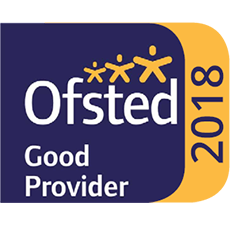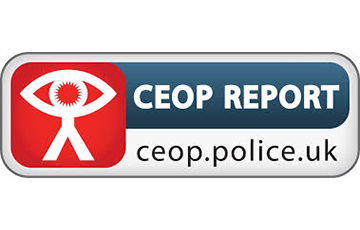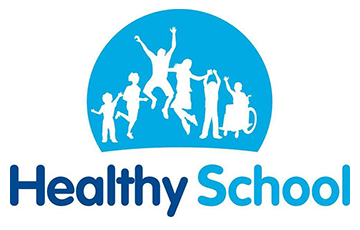History
History
Our Silver Thread - 'Families through time'
The National Curriculum for History aims to ensure that all pupils:
- know and understand the history of these islands as a coherent, chronological narrative, from the earliest times to the present day: how people’s lives have shaped this nation and how Britain has influenced and been influenced by the wider world
- know and understand significant aspects of the history of the wider world: the nature of ancient civilisations; the expansion and dissolution of empires; characteristic features of past non-European societies; achievements and follies of mankind
- gain and deploy a historically grounded understanding of abstract terms such as ‘empire’, ‘civilisation’, ‘parliament’ and ‘peasantry’
- understand historical concepts such as continuity and change, cause and consequence, similarity, difference and significance, and use them to make connections, draw contrasts, analyse trends, frame historically-valid questions and create their own structured accounts, including written narratives and analyses
- understand the methods of historical enquiry, including how evidence is used rigorously to make historical claims, and discern how and why contrasting arguments and interpretations of the past have been constructed
Intent
History has always been held in high regard at Twyning Primary School. The school’s own rich history, within the context of the local area, is a celebrated and inspiring feature of the school. The history curriculum at our school draws from and makes full use of the immediate and wider local area, enabling children to develop a deep understanding of the rich history of their locality.
Topics are informed by the National Curriculum and are sensitive to children’s interests, as well as the context of the local area. The history curriculum is carefully planned and structured to ensure that current learning is linked to previous learning and that the school’s approaches are informed by current pedagogy. In line with the National Curriculum 2014, we aim to ensure that all pupils:
- Gain a coherent knowledge and understanding of Britain’s past and that of the wider world which helps to stimulate pupils’ curiosity to know more about the past;
• Are encouraged to ask perceptive questions, think critically, weigh evidence, sift arguments, and develop perspective and judgement;
• Begin to understand the complexity of people’s lives, the process of change, the diversity of societies and relationships between different groups, as well as their own identity and the challenges of their time.
Implementation
History is taught throughout the year, so that children achieve depth in their learning. At the beginning of each new history topic, teachers refer to classroom timelines to develop children’s understanding of chronology. Each topic is introduced with reference to the chronology of previous topics (including those from previous years). Key knowledge is reviewed by the children and rigorously checked and consolidated by the teacher. By the end of Year 6, children will have a chronological understanding of British history from the Stone Age to the present day. They are able to draw comparisons and make connections between different time periods and their own lives. Interlinked with this are studies of world history, such as the ancient civilisations of Greece and the Egyptians.
Cross curricular outcomes in history are specifically planned for. The school’s own context is also considered, with opportunities for visits to places of historical interest and learning outside the classroom also identified and embedded in practice. We have regular visits from locally known Historians who enable the local history to “come alive” for all children from Reception to Year 6. Visits to the local area and use of local artefacts, such as the use of maps and photographs of the local area, also support contextualised learning, as well as the acquisition of key knowledge and systematic development of key skills.
Planning is informed by and aligned with the National Curriculum. Staff have access to a variety of resources, including the History Association, of which the school is a member. The history curriculum is designed to ensure appropriate diversity in the significant figures that children learn about. Teachers cater for the varying needs of all learners, differentiating activities where necessary and as appropriate, and ensuring an appropriate level of challenge. Outcomes of work are regularly monitored to ensure that they reflect a sound understanding of the key identified knowledge.
The Early Years Foundation Stage (EYFS) aims for all children in reception to have an Understanding of the World ELG: Past and Present. Children at the expected level of development will:
- Talk about the lives of the people around them and their roles in society;
- Know some similarities and differences between things in the past and now, drawing on their experiences and what has been read in class;
- Understand the past through settings, characters and events encountered in books read in class and storytelling.
Impact
Emphasis is placed on analytical thinking and questioning. Children demonstrate a coherent knowledge and understanding of Britain’s past and that of the wider world, in addition to being curious to know more about the past. Through this study, pupils ask perceptive questions, think critically, weigh evidence, sift arguments, and develop perspective and judgement. Regular ACE (Achieve, Create, Enjoy) projects provide further relevant and contextual learning, engaging member of the community in children’s learning and providing positive role models from the community for children to learn from and develop an excitement for learning about history.






